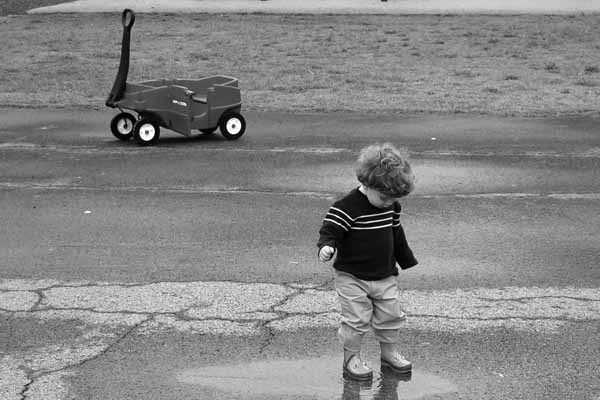Hezbolla, Health Care and Social Cohesion
It is hard to ignore the sadness and grief gripping the Middle East. The escalation of war and violence is forcing thousands to flee in search of safer homes, streets, and basic amenities.
And yet, not all are leaving. Some are staying to fight, to rebuild, and retrench - on both sides - but for what reasons?
The answer, no doubt, is complicated and steeped in a context that has lasted hundreds of years. Many, however, have attributed the loyalty, or social cohesive nature of groups engaged in conflict, to the public goods many have been provided over the last few decades (especially those provided to the poor and underserved).
A notable example in the Middle East has been the rise and maintenance of power by Hezbollah in southern Lebanon. In short, Hezbollah has made significant investments in schools and health care since the 1980s. So much so, that the government of Lebanon has made minimal investment in the area because of Hezbolla's significant development efforts.
In this context, it is less surprising to see why people are staying to fight and live in their communities. Idealogues have educated their children and taken care of their ailing families when they, themselves and their government, could not do so.
The question then presents itself - at least in the US - in our search to develop efficient markets (ex. privatization of health care and education) have we eroded the social cohesiveness that makes us stand up and protect one another? While I am by no means arguing that the control of public goods should be used for coersion, but rather that the provision of public goods may be instrumental in creating social norms that inherently force us to support one another.
While we often think of health care policy as a means to improving the health and longevity of individuals, it might also serve us to review our policies through the lens of whether they are pulling us together as a society.


2 Comments:
In the midst of any conflict, as people are polarized and choose sides, the sense of any good in "the other" is often lost. Thanks for noting some prior good actions by Hezbollah.
Ancient teaching says that what we do to others, we do to ourselves. The way for us to regain a sense of sanity in the midst of insanity in the Middle East to remember love.
Erie Chapman
Here Here! It would be interesting to reflect on how different the world would be had our foreign policy agenda been to build health care facilities around the world in an effort to help serve the poor and vulnerable.
Amartya Sen recently noted in his book "Identity and Violence" that the US is responsible for nearly 2/3 of the armament sales in the developing world.
A sad commentary and one that is likely not sustainable.
Thanks for your thoughtful post Erie!
(For those who don't know Erie, please visit his own blog at the Journal of Sacred Work link on this blog).
Post a Comment
<< Home